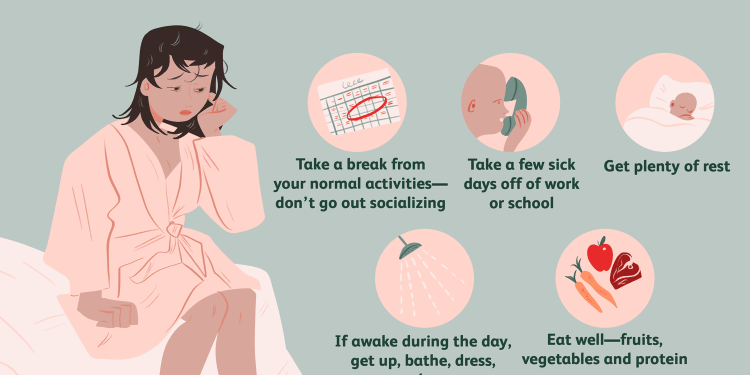Cocaine can have a powerful effect on what you think, feel, and do. It can make you feel euphoric, happy and energetic. It also triggers the release of dopamine in your brain which makes you feel rewarded when taking it. However, cocaine also has negative effects on your mental health that can last for days after use. This article discusses the long-term effects of cocaine use and how to escape them.
What is Cocaine and Mental Health
Cocaine and Mental Health is a strong CNS stimulant that has a negative impact on mental health. Even small amounts of cocaine can cause severe anxiety, depression, and paranoia. Cocaine also raises blood pressure and can lead to heart problems. People who use cocaine often develop an addiction to the drug, which can be extremely difficult to overcome.
If you’re considering using cocaine, it’s important to weigh the costs against the benefits. Cocaine can have a very positive effect on some people, but it’s also highly addictive and can have damaging effects on mental health. If you’re thinking of using cocaine, it’s best to talk to your doctor first about your risks and options for managing them.
If you are concerned about your own wellbeing or that of someone you know, it is important to get help. There are many resources available for those suffering from addiction and mental health issues. You may want them to be checked at a MAT clinic to kickstart their receovery.
How Does Cocaine Work?
Cocaine works by stimulating the brain’s pleasure centers. This makes it a powerful stimulant drug that can cause an increase in energy levels and euphoria. Cocaine also affects the brain’s neurotransmitters, which are chemicals that allow nerve cells to communicate with one another. Dysfunction in these neurotransmitters is thought to be responsible for many cases of mental illness, including addiction and schizophrenia.
How Does Cocaine Affect Mental Health?
Cocaine is a powerful stimulant that can cause significant mental health problems. It can cause intense euphoria, hallucinations, and extreme paranoia. Cocaine use can also lead to addiction and increased risk for other mental health conditions, such as depression and anxiety.
If you are using cocaine, it’s important to understand the risks it poses to your mental health. If you are struggling with cocaine abuse, it’s important to seek help. There are many resources available to help you address your cocaine use and its effects on your mental health.
What are the Effects of Cocaine?
Cocaine has a number of effects on mental health, including making users feel euphoric, increasing energy levels, and making them more alert. It can also lead to increased confidence and decreased inhibition. However, this increased stimulation can also lead to problems when used in large amounts or over a long period of time. This is because cocaine causes the user’s brain to rewire in ways that make it harder to resist temptation and control impulses.
Since cocaine is a drug of abuse, its use can lead to problems with mental health, such as addiction and psychosis. Addiction often leads users to continue using even when it is causing significant damage to their mental health or social life. The risk of developing psychosis is especially high in people who have a history of substance abuse or who are already mentally ill. Cocaine use can also Lead To Relationship Problems Sun City drug rehabs.
If you are concerned about your own wellbeing or that of someone you know, it is important to get help. There are many resources available for those suffering from addiction and mental health issues.
Are There Implications for Listeners to Avoid Cocaine?
If you’re thinking about using cocaine, think again. Cocaine is a very dangerous drug that can have devastating consequences for your mental health and well-being. Here are some of the most common implications of using cocaine:
- Increased risk of addiction and abuse. Cocaine is highly addictive and can quickly lead to an addiction to the drug. This means that users will often continue using cocaine even if it has negative consequences for their mental and physical health.
- Increased risk of developing substance abuse disorders. Cocaine can also lead to other substance abuse disorders, such as alcoholism or drug addiction. Substance abuse disorders are serious problems that can interfere with your life in a number of ways.
- Increased risk of developing mood disorders. Cocaine use can also lead to mood disorders, such as depression or bipolar disorder. Mood disorders are chronic conditions that affect your mood, emotions, and behavior in a way that is difficult to control. They can be incredibly debilitating and life-threatening if not treated properly.
Conclusion
If you’re reading this, it’s likely that you know someone who is struggling with cocaine addiction. Cocaine can have a devastating impact on both your mental and physical health, and it’s important to be aware of the risks so that you can help your loved one avoid them. In this article, we’ll discuss some of the effects cocaine has on mental health and how to avoid them. We hope that by reading this article, you’ll be better equipped to provide support during this difficult time.








































